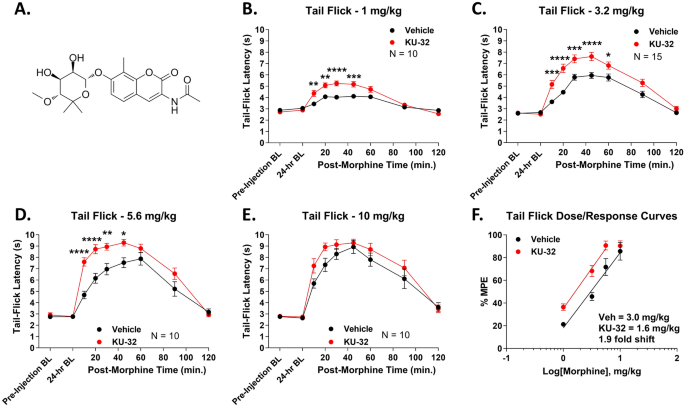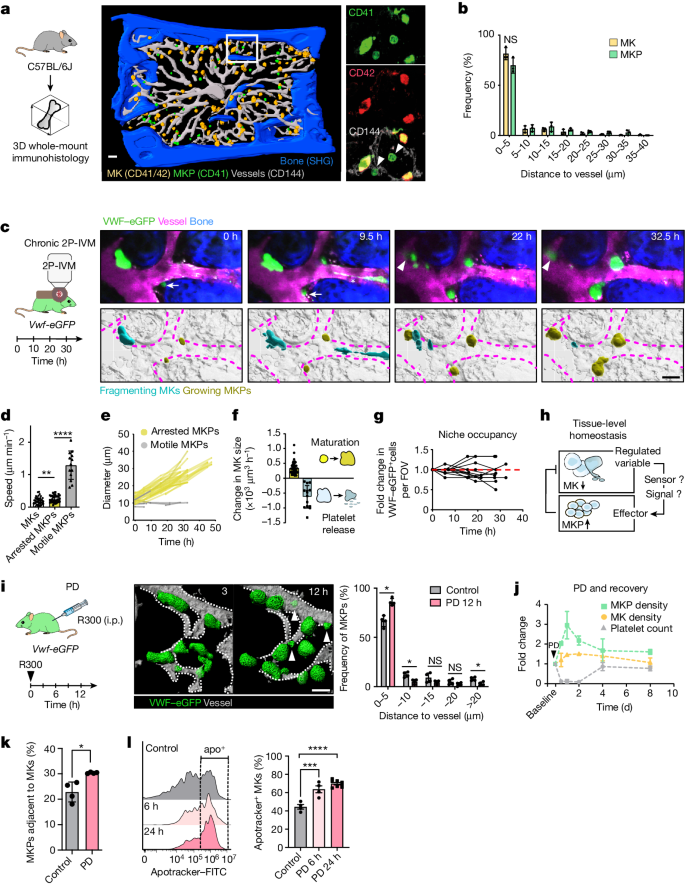2024-07-17 アリゾナ大学
<関連情報>
- https://news.arizona.edu/news/research-shows-protein-isoform-inhibitors-may-hold-key-making-opioids-safer
- https://www.nature.com/articles/s41598-024-65637-6
脊髄特異的hsp90アイソフォームを阻害することで、オピオイド治療の治療指数を改善する新規戦略が明らかになった Inhibiting spinal cord-specific hsp90 isoforms reveals a novel strategy to improve the therapeutic index of opioid treatment
David I. Duron,Parthasaradhireddy Tanguturi,Christopher S. Campbell,Kerry Chou,Paul Bejarano,Katherin A. Gabriel,Jessica L. Bowden,Sanket Mishra,Christopher Brackett,Deborah Barlow,Karen L. Houseknecht,Brian S. J. Blagg & John M. Streicher
Scientific Reports Published:26 June 2024
DOI:https://doi.org/10.1038/s41598-024-65637-6

Abstract
Opioids are the gold standard for the treatment of chronic pain but are limited by adverse side effects. In our earlier work, we showed that Heat shock protein 90 (Hsp90) has a crucial role in regulating opioid signaling in spinal cord; Hsp90 inhibition in spinal cord enhances opioid anti-nociception. Building on these findings, we injected the non-selective Hsp90 inhibitor KU-32 by the intrathecal route into male and female CD-1 mice, showing that morphine anti-nociceptive potency was boosted by 1.9–3.5-fold in acute and chronic pain models. At the same time, tolerance was reduced from 21-fold to 2.9 fold and established tolerance was rescued, while the potency of constipation and reward was unchanged. These results demonstrate that spinal Hsp90 inhibition can improve the therapeutic index of morphine. However, we also found that systemic non-selective Hsp90 inhibition blocked opioid pain relief. To avoid this effect, we used selective small molecule inhibitors and CRISPR gene editing to identify 3 Hsp90 isoforms active in spinal cord (Hsp90α, Hsp90β, and Grp94) while only Hsp90α was active in brain. We thus hypothesized that a systemically delivered selective inhibitor to Hsp90β or Grp94 could selectively inhibit spinal cord Hsp90 activity, resulting in enhanced opioid therapy. We tested this hypothesis using intravenous delivery of KUNB106 (Hsp90β) and KUNG65 (Grp94), showing that both drugs enhanced morphine anti-nociceptive potency while rescuing tolerance. Together, these results suggest that selective inhibition of spinal cord Hsp90 isoforms is a novel, translationally feasible strategy to improve the therapeutic index of opioids.


